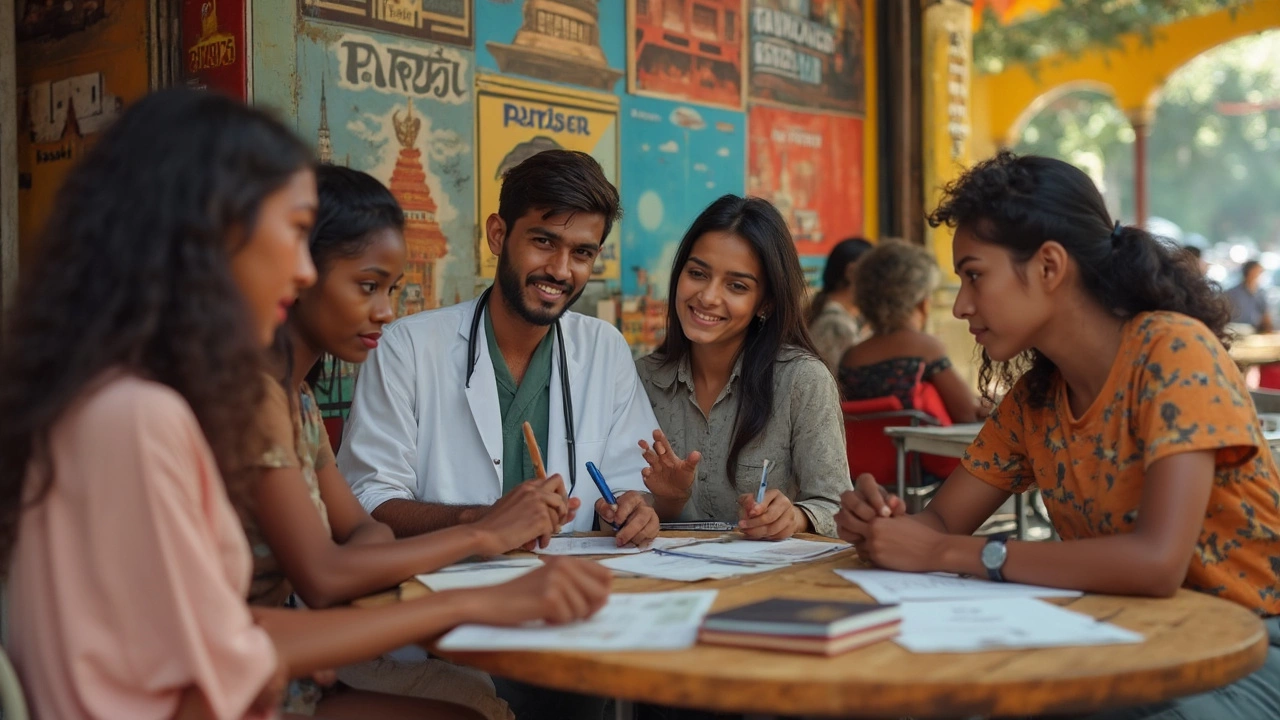Vaccines for India: What Travelers Need to Know Before Visiting
When planning a trip to India, vaccines for India, required or recommended immunizations that protect travelers from diseases common in the region. Also known as travel vaccines, these aren’t just paperwork—they’re your first line of defense against illnesses you won’t find at home. Many people assume India is dangerous because of food or water, but the real risks often come from things you can’t see: viruses carried by mosquitoes, contaminated water, or even a stray dog bite.
You don’t need every vaccine under the sun. The typhoid vaccine, a shot or oral capsule that prevents typhoid fever, a bacterial infection spread through food and water. Also known as typhus vaccine, it’s one of the most practical protections for anyone eating street food or drinking bottled water in India. Then there’s hepatitis A, a liver infection passed through contaminated food or close contact with infected people. Also known as liver virus vaccine, it’s recommended for nearly every traveler, no matter how short the trip. If you’re planning to hike, visit rural areas, or spend time around animals, the rabies vaccine, a series of shots that prevent death from rabies after an animal bite or scratch. Also known as dog bite vaccine, it’s not just for wildlife enthusiasts—stray dogs are everywhere, and medical care after a bite can be hard to find quickly. Even if you think you won’t get bitten, the cost of post-exposure treatment in India can be high, and delays can be deadly.
Other vaccines like hepatitis B, tetanus, and measles-mumps-rubella are usually covered by your routine immunizations—if you’re up to date at home, you’re likely protected. But don’t skip the basics. A traveler in Jaipur once got typhoid because they drank water from a hotel tap, assuming it was safe. Another in Varanasi needed emergency rabies treatment after a dog jumped up to lick their hand. These aren’t rare cases—they’re common enough that clinics in Delhi and Mumbai see dozens of them every month.
Some people say, "I’ve been to India before and never got sick." That’s true for many. But luck isn’t a vaccine. The best protection isn’t avoiding food stalls or carrying hand sanitizer—it’s having your body ready before you land. The CDC and WHO don’t just list these vaccines randomly. They’re based on decades of data from millions of travelers. You don’t need to over-vaccinate, but you do need to cover the big three: typhoid, hepatitis A, and rabies if you’re leaving the tourist bubble.
What you’ll find below are real stories from travelers who got sick, skipped shots, or did it right—and how each choice changed their trip. Whether you’re planning a week in Goa or a month trekking in the Himalayas, the right vaccines make the difference between a great adventure and a hospital stay halfway across the world.
Do Americans Need Vaccines to Go to India? Your 2025 Guide
Planning a budget trip to India as an American? Getting the right vaccines is not just smart—it's often expected. This article breaks down which shots are required, which ones are just recommended, and the real risks behind skipping them. You'll get the latest updates for 2025, plus money-saving tips on clinics and when to start preparing. Stay healthy so your travel funds actually go toward seeing, not recovering.
Read more